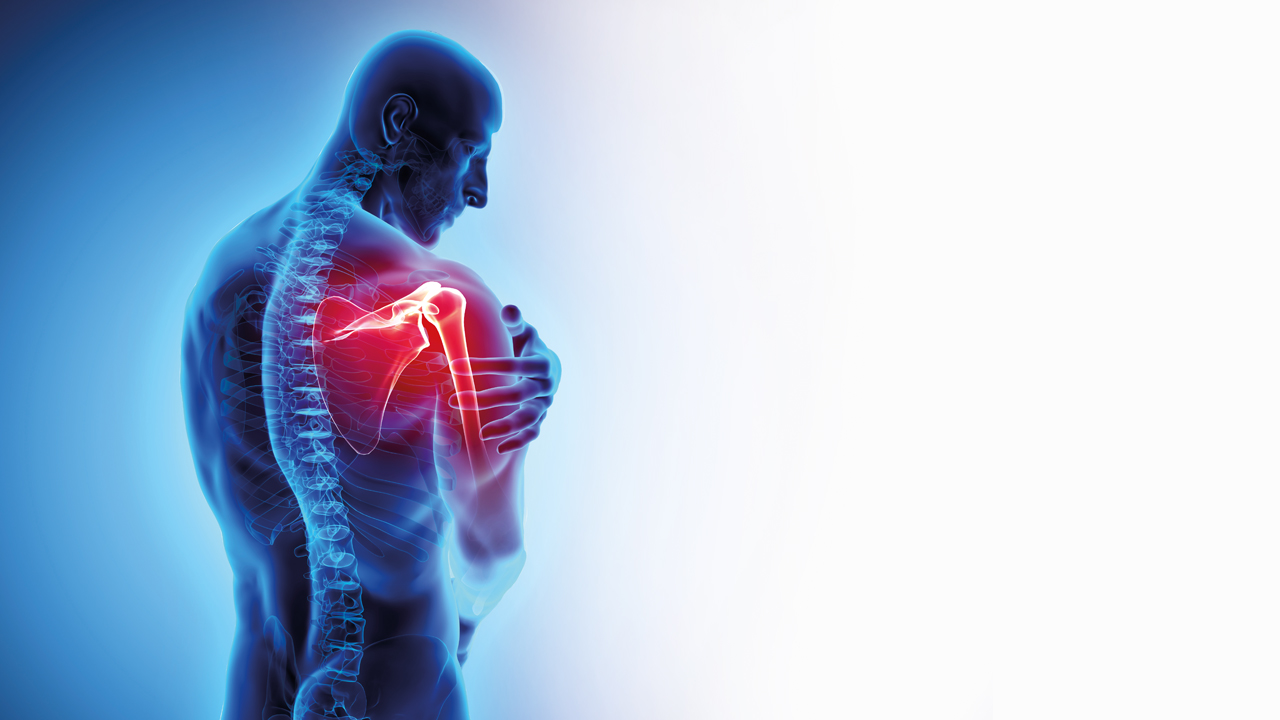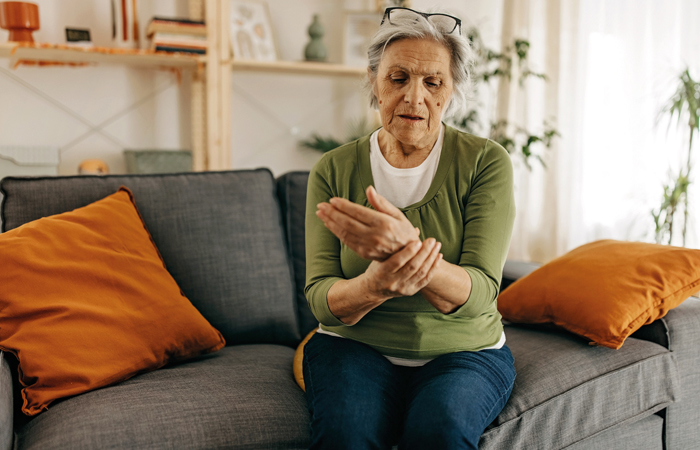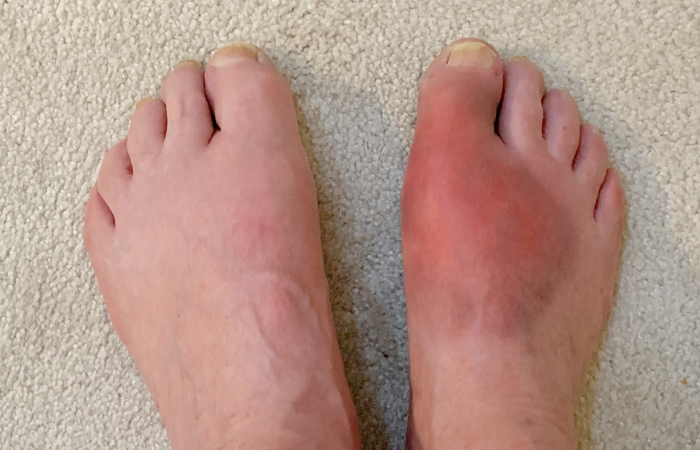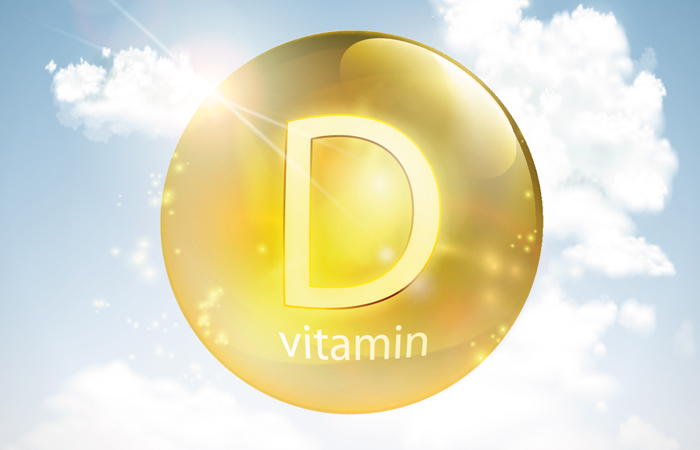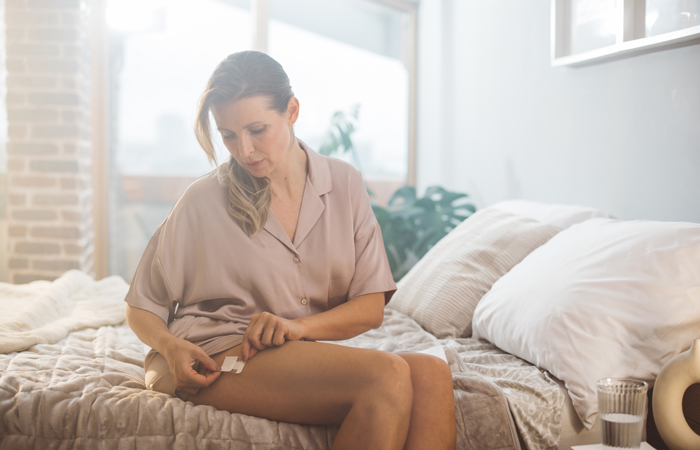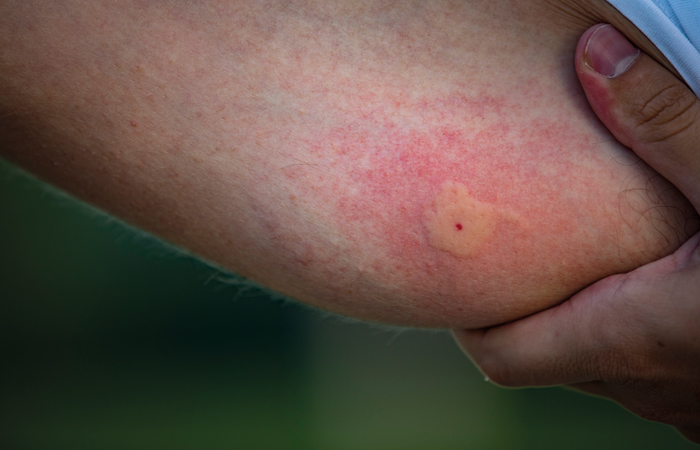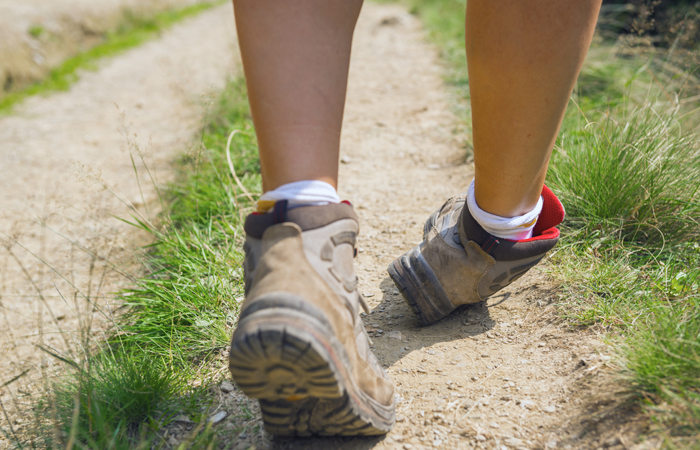In Conditions
Follow this topic
Bookmark
Record learning outcomes
Over 20 million people in the UK are living with a musculoskeletal (MSK) condition, such as arthritis or back pain, according to the NHS. The symptoms can affect a patient’s quality of life and independence, as well as mental health. And it’s not just individuals who suffer, but employers, the NHS and the wider economy too. In fact, more than 30 million working days are estimated to be lost due to MSK conditions every year in the UK whilst concerns account for 30 per cent of GP consultations in England.
Although some acute and chronic pain conditions require specialist care, many can be managed in the pharmacy with over-the-counter (OTC) medicines and practical self care measures.
Get to the joint
As we get older, joint pain becomes increasingly more common and can be felt in areas including the knees, shoulders and hips. There are many possible causes which can be indicated by symptoms a customer is experiencing.
Joints
Bite down
Insect bites can be sore and feel itchy, but this should ease after a few days. Customers should use an ice pack or cold compress on the bite for at least 20 minutes to ease the pain and reduce any swelling. Taking paracetamol or ibuprofen (if appropriate) can also help as can taking antihistamines to relieve any itching and applying a hydrocortisone cream to reduce swelling.
If symptoms get worse (including a red and swollen area developing around the bite, feeling dizzy or lightheaded, or being sick), someone has been bitten near their eyes, or they have developed a high temperature or swollen glands, they should be referred to the pharmacist for further medical advice.
Muscle in
The human body has over 600 muscles, so occasional pain can be expected and is often temporary. Muscle pain usually occurs when an individual has over-exerted themselves physically but it can be linked to mental health issues such as stress.
Muscles
“Stress management is essential to reduce muscle tension and increase mood”
Coping with period pain
Period pain can usually be defined as painful muscle cramps in the lower abdomen which can spread to the back and thighs. Everyone gets it differently – for some, it’s intense spasms while for others, it’s a dull ache or dragging feeling. The pain tends to occur for a few days at the start of the period, but some women get it beforehand. It often varies from period to period, and may have an underlying cause, such as endometriosis or fibroids.
Ibuprofen and naproxen tend to be more effective at easing period pain than paracetamol, due to their anti-inflammatory action. Light exercise, heat pads, gentle massage, a warm bath or shower and relaxation techniques may also help. If the pain is severe, or suddenly gets worse, or periods change (e.g., heavier bleeding), it’s important to refer patients to the pharmacist.
References
1. Gupta N et al. (2015) Is objectively measured sitting time associated with low back pain? A cross-sectional investigation in the NOMAD study. PloS one 10: e0121159.

